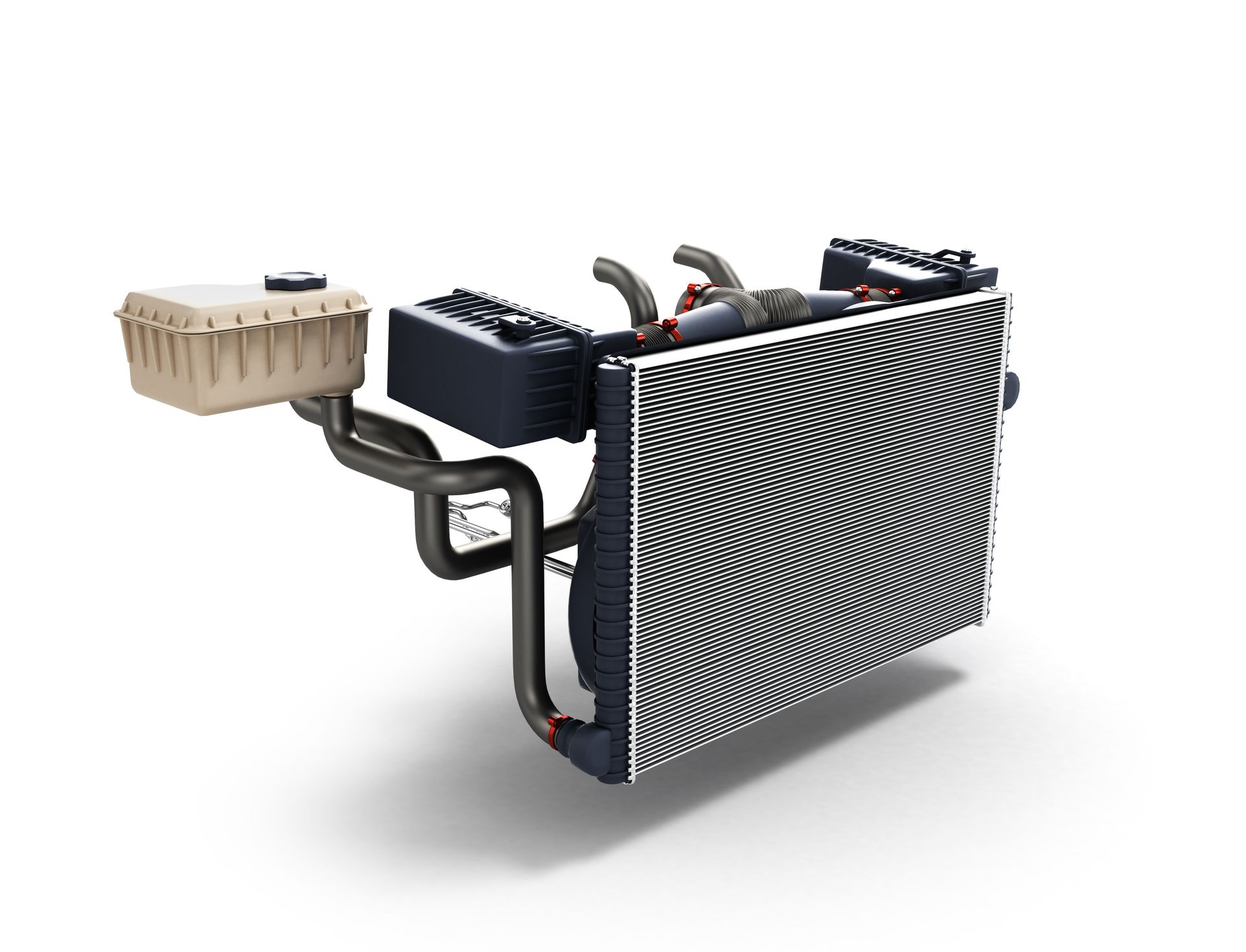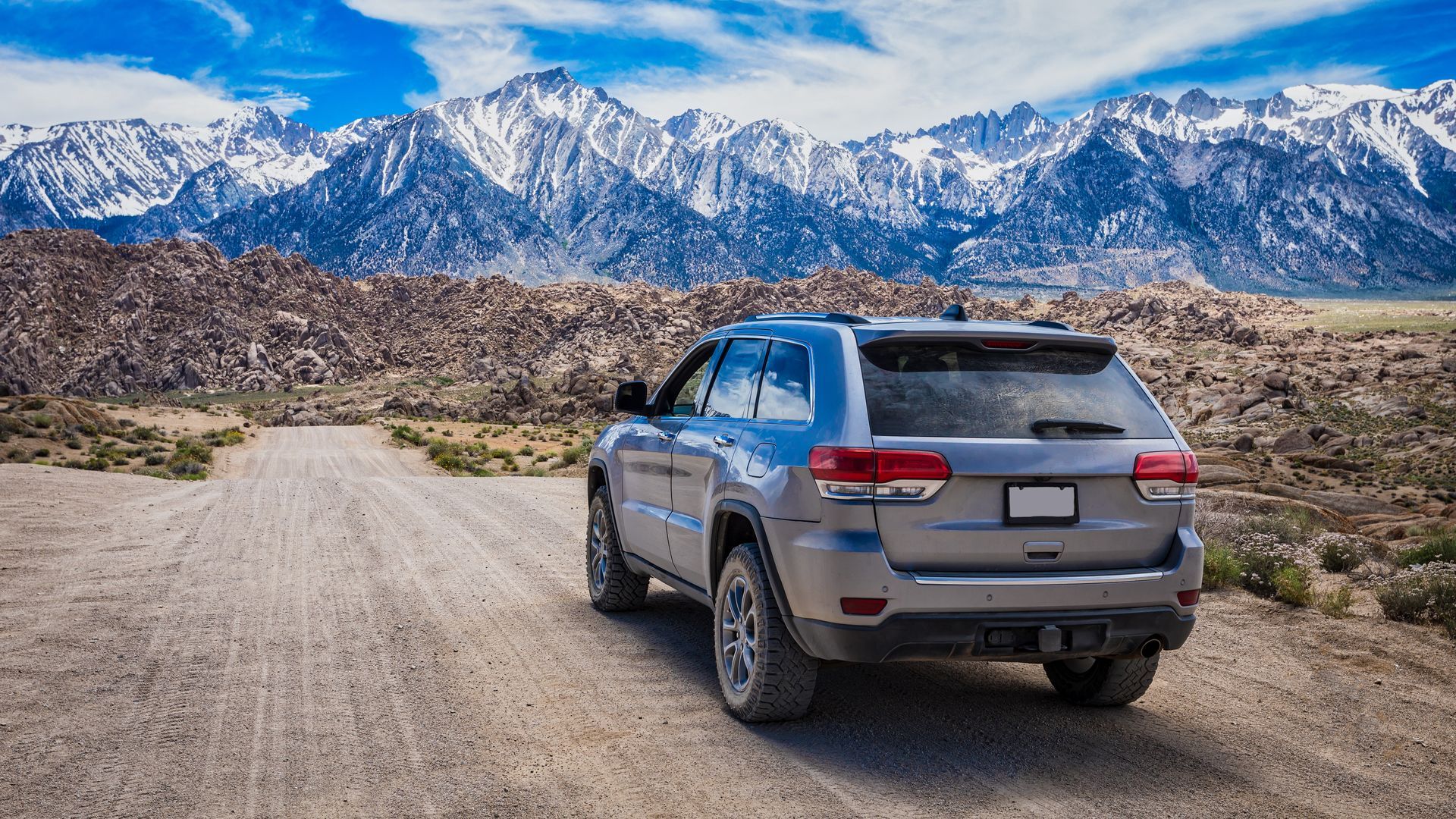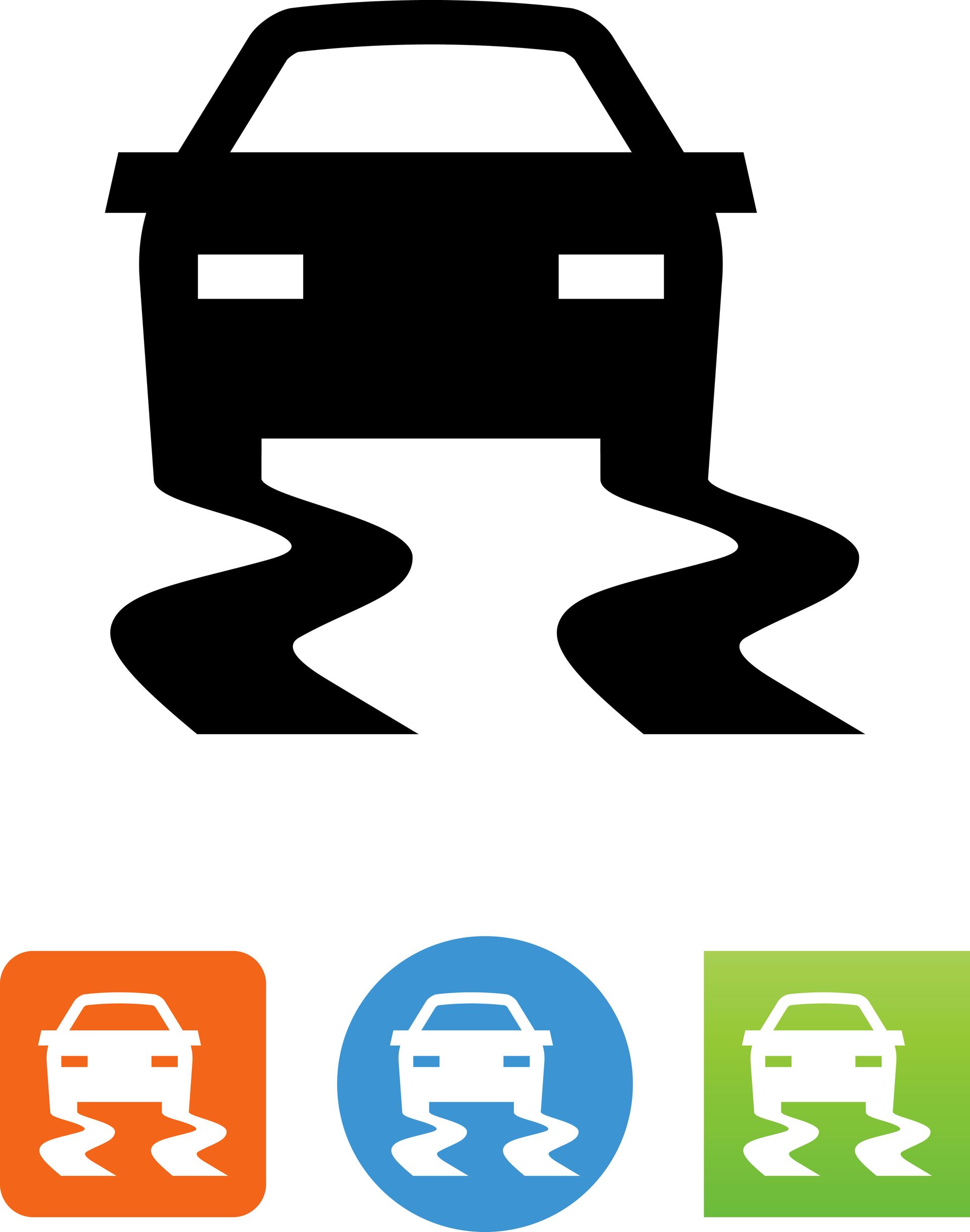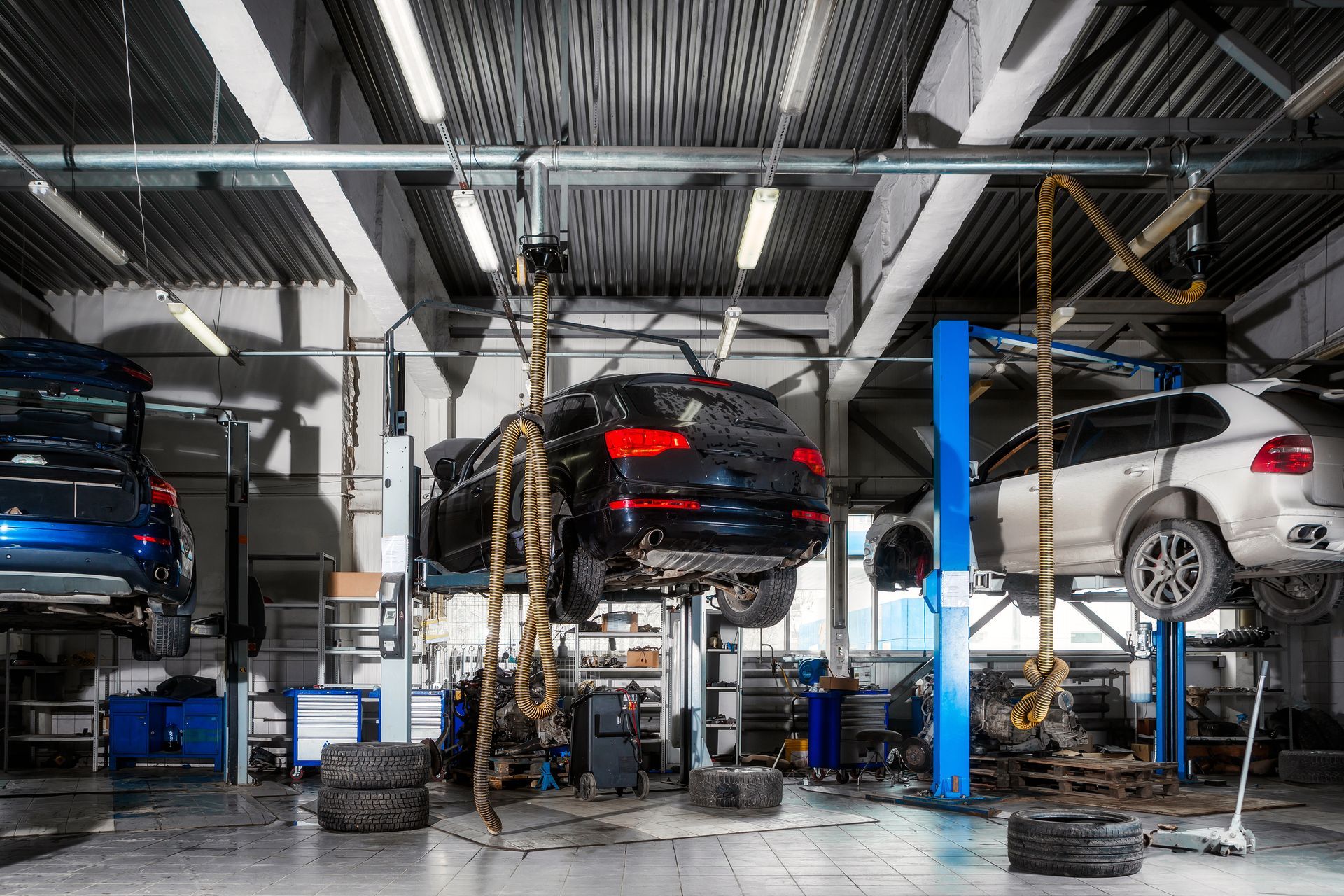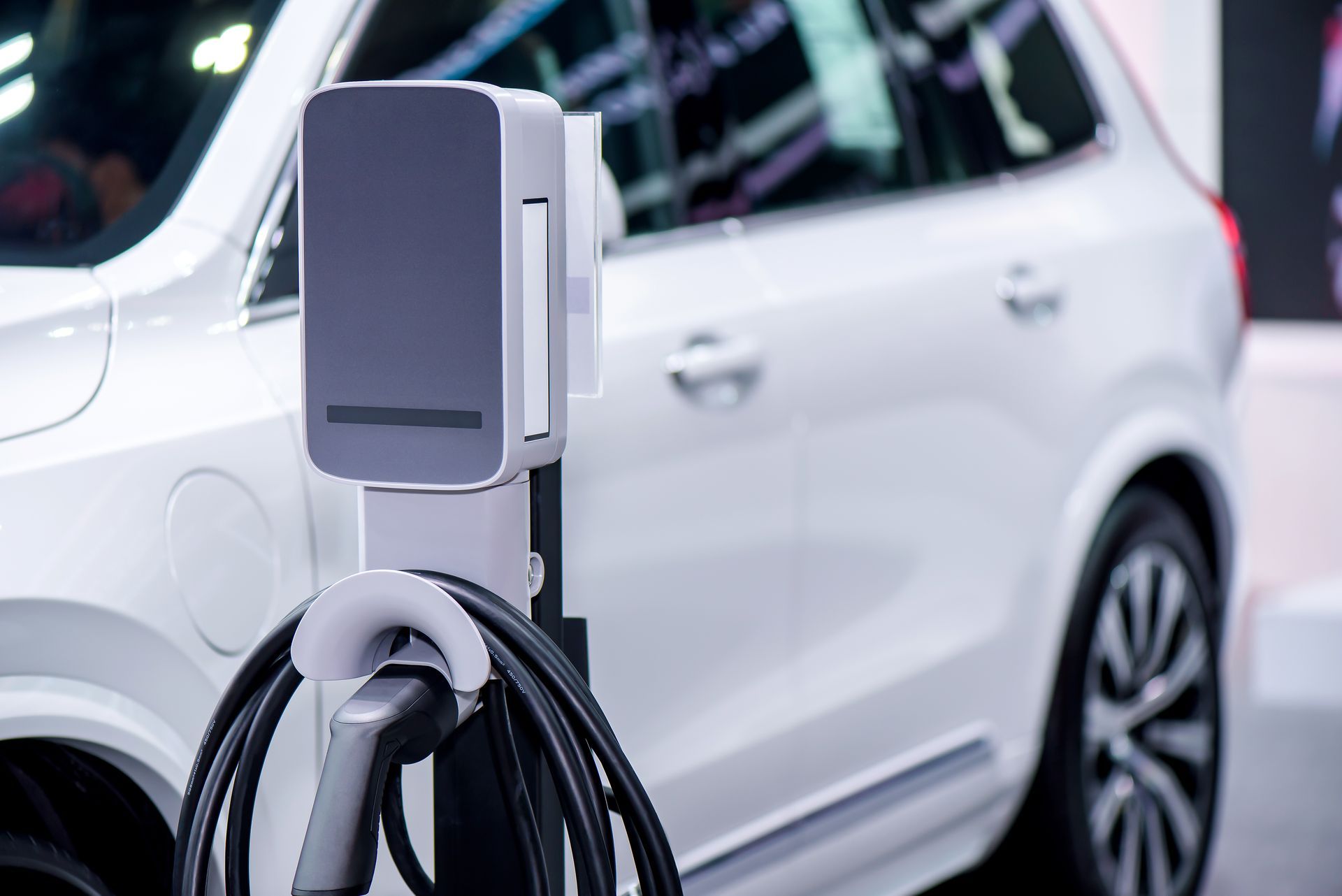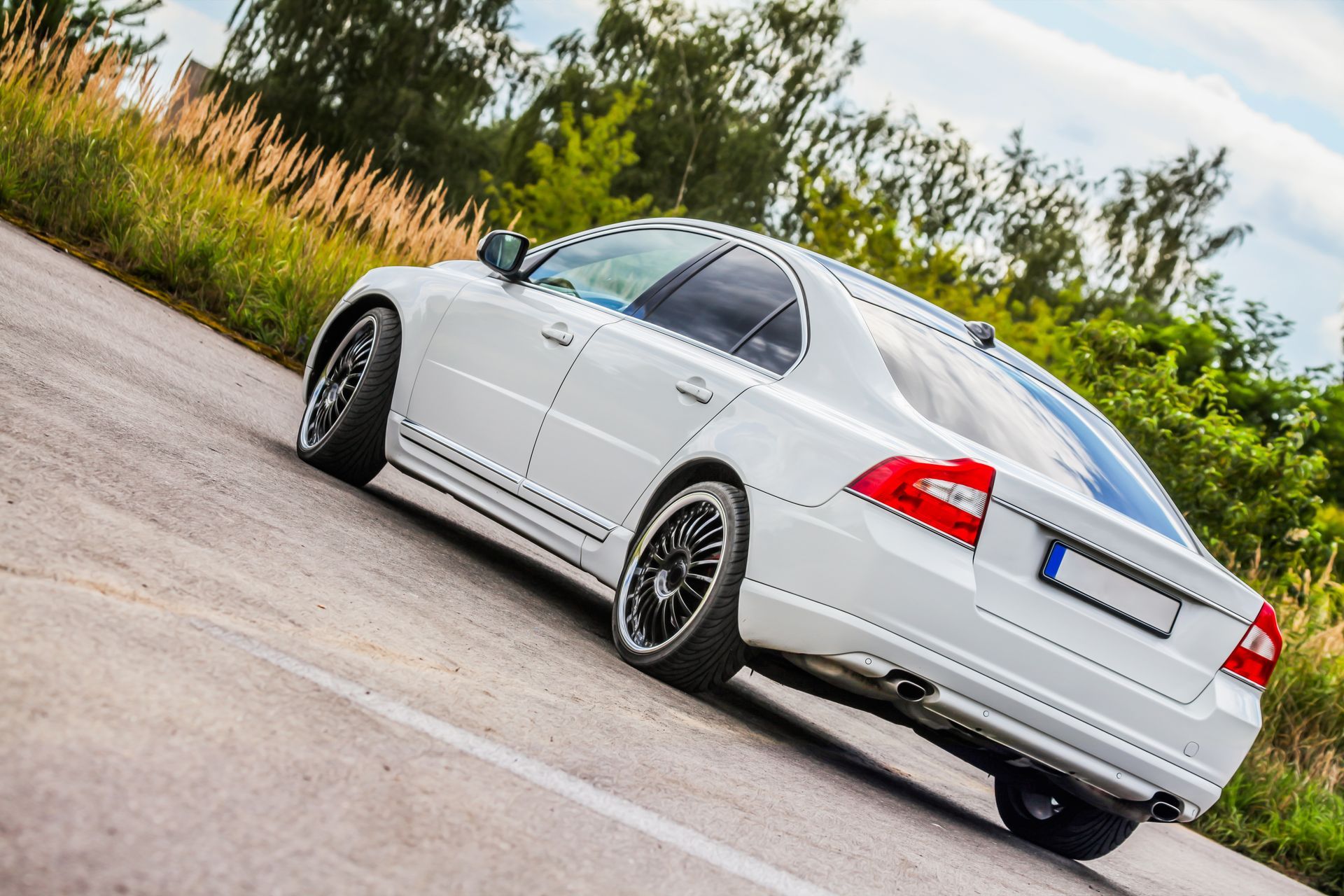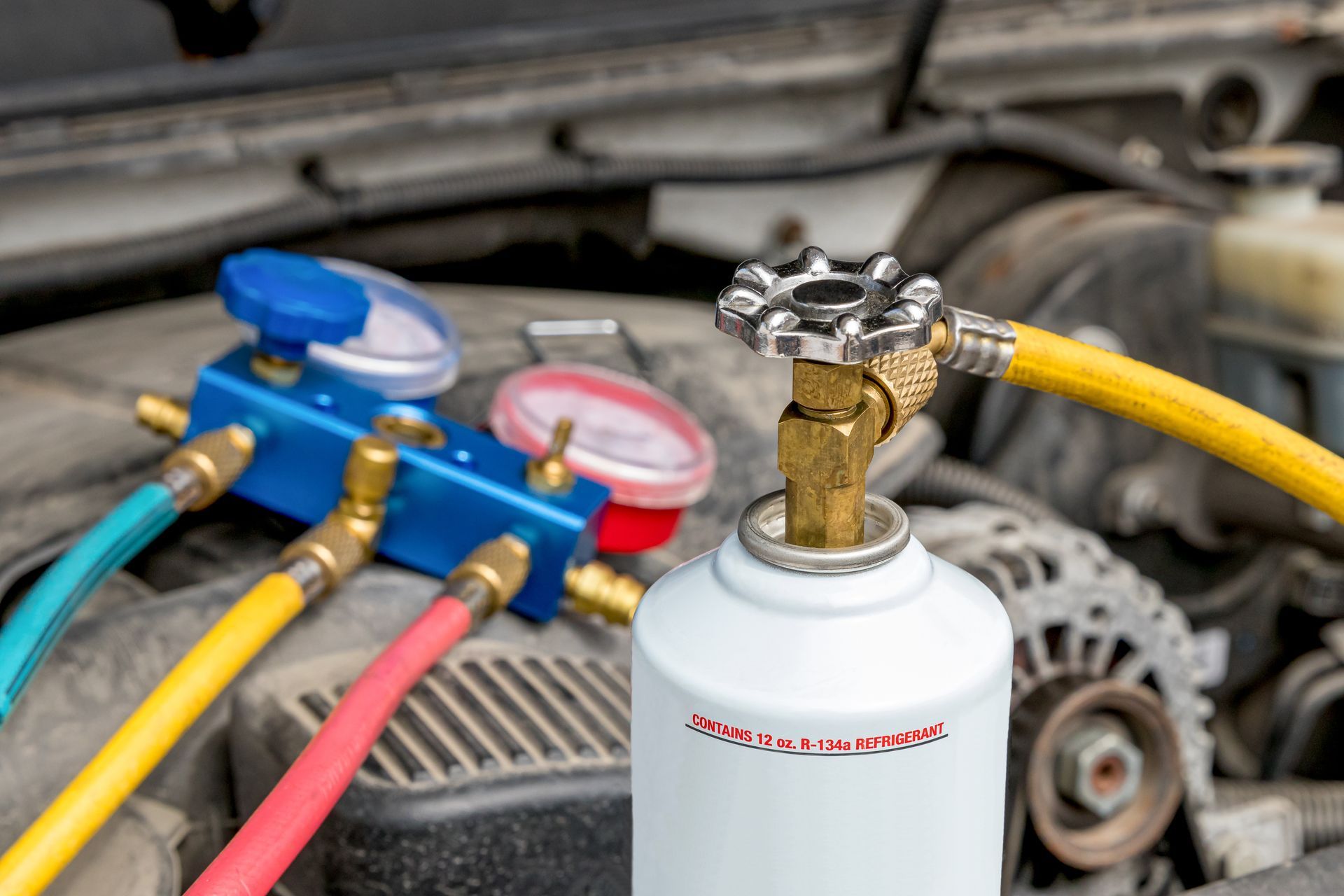Is your car overheating while driving? A quick solution crosses your mind – just add water. But is running your car with just water in the radiator safe? Let's look into this common car care dilemma.
Your Car's Cooling System
Your car's cooling system is like its own personal climate control. It's designed to keep the engine at the perfect temperature, preventing it from overheating or freezing. This system uses a mix of water and antifreeze (coolant) to function correctly. The coolant is crucial because it has properties that water alone simply doesn't.
The Role of Coolant vs. Water
Coolant's Job
Coolant is not just fancy water. It's a specially formulated liquid that raises the boiling point and lowers the freezing point of the liquid in your radiator. This means it can handle your engine's extreme temperatures without turning into steam or freezing solid. It also contains additives that prevent corrosion and lubricate the water pump, which are essential for the longevity of your engine.
What Water Can Do
Water, on the other hand, can help in a pinch, but it has significant limitations. Water boils at 212°F, which is insufficient when considering that a car's engine can easily surpass this temperature. Additionally, water freezes at 32°F, which can be disastrous in cold weather.
Why Running with Just Water is a Bad Idea
Overheating Risks
Using only water can lead to overheating. Since water boils at a lower temperature than coolant, it can turn into steam, causing excessive pressure within the cooling system. This pressure can result in a burst radiator hose or even a cracked engine block – both costly repairs.
Corrosion and Mineral Deposits
Water, especially tap water, contains minerals that can cause deposits to form inside your radiator and engine. Over time, these deposits can clog your radiator, reducing efficiency and overheating. Additionally, water doesn't contain the anti-corrosion additives found in coolant, which means your radiator and engine are more susceptible to rust and corrosion.
Freezing Hazards
In colder climates, using just water can be a recipe for disaster. When water freezes, it expands, and this can crack your radiator, engine block, and other components of the cooling system. The damage caused by freezing can be extensive and expensive to fix.
When Is It Okay to Use Water?
Emergency Situations
In an emergency where you have no other option, using water temporarily is better than letting your engine run dry. It can get you to a safe place where you can properly address the issue. However, as soon as possible, you should drain the water and refill your system with the correct mix of coolant and water.
Short-Term Fixes
If you're in a bind, distilled water is better than tap water. It doesn't contain minerals that can form deposits. Still, this should be seen as a very temporary solution. Even in this case, switching back to the proper coolant mixture should be your priority.
Regular Checks and Maintenance
Regular maintenance is key to avoiding a situation where you have to use water. Check your coolant levels frequently and top up with the correct coolant mix as needed. Look for signs of leaks and have a professional inspect your cooling system regularly.
Don't let your engine suffer! Make sure your cooling system is properly maintained with the right coolant mix. Call
Snider Automotive today for a cooling system flush and maintenance.

